MEDIA RELEASE
In their first Working Group meeting of the European Social Dialogue in the Hospital Sector, on 04 April 2018 HOSPEEM and EPSU looked back to the signing of the EPSU-HOSPEEM Code of Conduct on Ethical Cross-Border Recruitment and Retention on 8 April 2008 and renewed their commitment to promote, guarantee and defend decent recruitment and working conditions for migrant workers, from the EU and from outside the EU, in hospitals and healthcare facilities across Europe.
HOSPEEM and EPSU issued a Joint Media Release on the 10 years anniversary of the Code of Conduct. It represents an important instrument to support the free movement of workers across the European Union while preventing unethical competition between the Member States and employers in terms of cross-country recruitment process, fair and transparent contracting and the induction of migrant workers at the new workplace. This also holds for their equal and non-discriminatory treatment regarding labour law, social protection provisions and the access to training and career progression and the freedom of association.
The EPSU-HOSPEEM Code of Conduct on Ethical Cross-Border Recruitment and Retention was inspired by social partner-based or/and public policy tools already in use in different European Union Member States. At international level, the World Health Organisation (WHO) on 21 May 2010 adopted and set into practice the WHO Global Code of Practice on the International Recruitment of Health Personnel. The Global Code, non-binding in nature, addresses a number of similar issues already covered with in the EPSU-HOSPEEM Code of Conduct.
In the meeting on 4 April 2018, HOSPEEM and EPSU members reiterated their commitment to the 12 key principles of their 2008 Code of Conduct and to the promotion of ethical recruitment and retention practices at European, national, regional and local level in the upcoming years, both in their own work and in the broader context of the European Pillar of Social Rights.
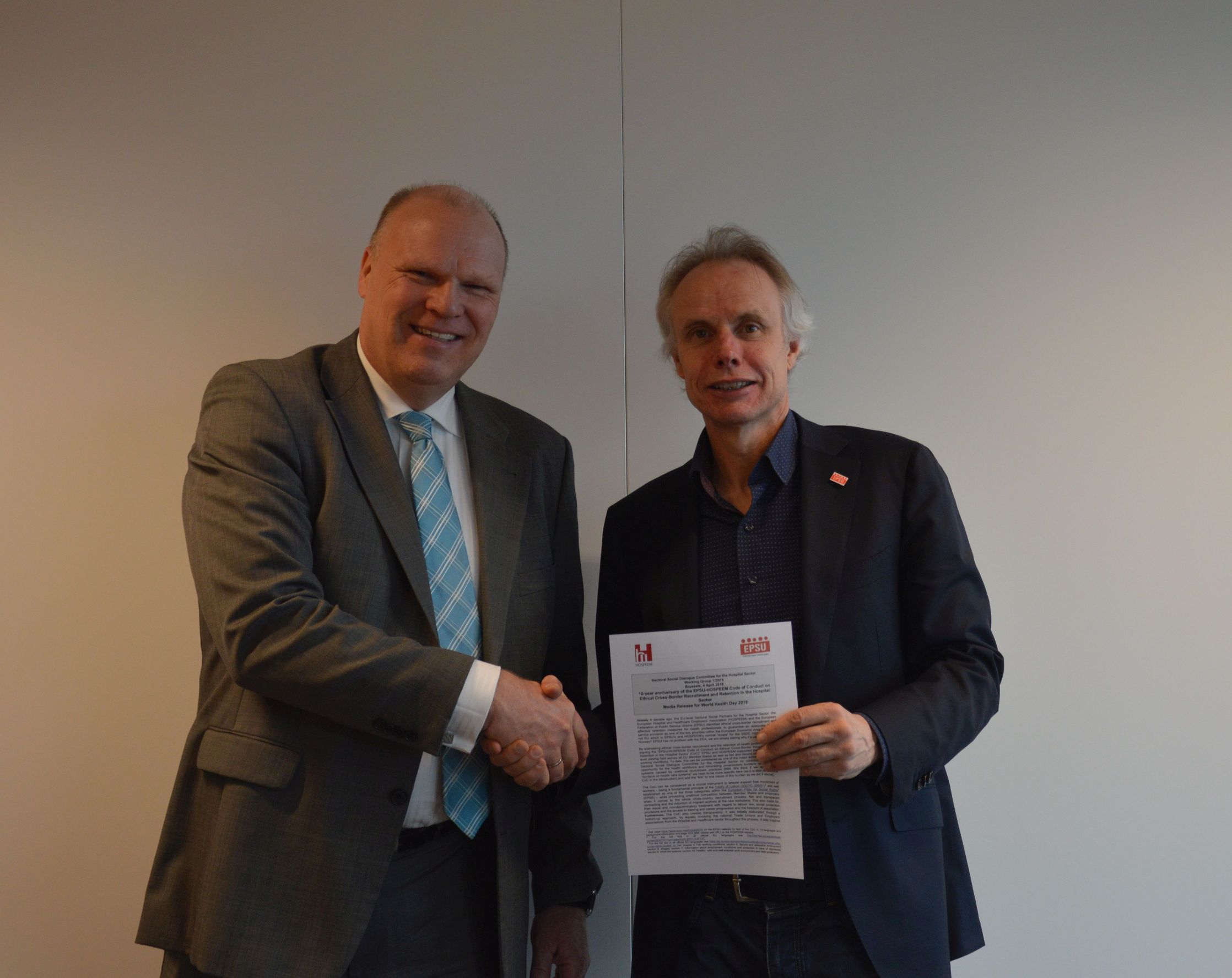 Tjitte Alkema, Secretary General of HOSPEEM reflected on the impact of the Code of Conduct: “10 years ago, our Code of Conduct was an inspiration for the work of the World Health Organisation. Nowadays, given the migration flows to and within the European Member States, it is still very relevant.”
Tjitte Alkema, Secretary General of HOSPEEM reflected on the impact of the Code of Conduct: “10 years ago, our Code of Conduct was an inspiration for the work of the World Health Organisation. Nowadays, given the migration flows to and within the European Member States, it is still very relevant.”
EPSU General Secretary Jan Willem Goudriaan welcomed the constructive dialogue there has been with the European employers since the Code of Conduct. “We sought to ensure decent working conditions for all, to prevent the exploitation of migrant workers and to make sure public health systems are not undermined by unfair recruitment practices. Our Code was and is a significant contribution to achieve sustainable quality care for all.”
At the meeting on 4 April 2018, several HOSPEEM members and EPSU affiliates commented on the use and positive effects of the EPSU-HOSPEEM Code of Conduct on Ethical Cross-Border Recruitment and Retention. They also referred to different models of how the 12 principles of the Code of Conduct have been incorporated in their national contexts, either into legislation, by means of collective agreements and/or by using enterprise-based agreements.
Kate Ling, NHS Confederation, United Kingdom, gave an overview on the use by the employers in the NHS and about the effects of the Code of Conduct in the United Kingdom, showcasing some good practice examples: “NHS organisations should only use recruitment agencies that comply with the Code, which includes guarantees to give overseas recruits good induction, training and employment protection. A key tenet of the UK Code is that recruitment of staff from abroad should not damage healthcare systems in developing countries. Active recruitment from developing countries shouldn’t take place unless there is a government-to-government agreement. For example, the UK and India have a scheme called Earn Learn and Return where staff from India can come to the UK to fill shortages in specialist areas, and in return they get the opportunity to gain specialist expertise and develop skills that they can then take back with them after they leave the UK to improve healthcare in India. So, both countries benefit.”
Tjitte Alkema wrapped up the Working Group meeting, reflecting on the freedom of movement of persons in the European Union and the respective aim of the Code of Conduct: “We are in the European Union: one of the fundamental rights is the freedom of movement of people within the European Union. Our Code of Conduct is trying to establish a fair system of mobility in which people are not exploited and countries are not suffering from the mobility of workers. The Code of Conduct is however only as strong as the partners that support it. It only works if we also identify incorrect application, put them on the table and make them transparent. The WHO Code and the Code of Conduct of the Social Partners are complementary in the European setting.”
 Media release
Media release
EPSU has also published an article on the event and the 10-year anniversary celebration.

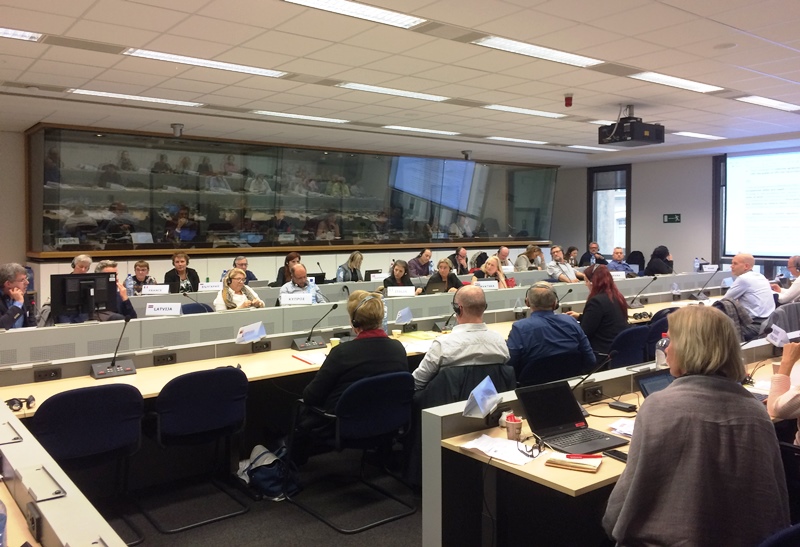

 On 23 and 24 May 2018 the second conference of the
On 23 and 24 May 2018 the second conference of the 































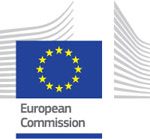

 Tjitte Alkema, Secretary General of HOSPEEM reflected on the impact of the Code of Conduct: “10 years ago, our Code of Conduct was an inspiration for the work of the World Health Organisation. Nowadays, given the migration flows to and within the European Member States, it is still very relevant.”
Tjitte Alkema, Secretary General of HOSPEEM reflected on the impact of the Code of Conduct: “10 years ago, our Code of Conduct was an inspiration for the work of the World Health Organisation. Nowadays, given the migration flows to and within the European Member States, it is still very relevant.”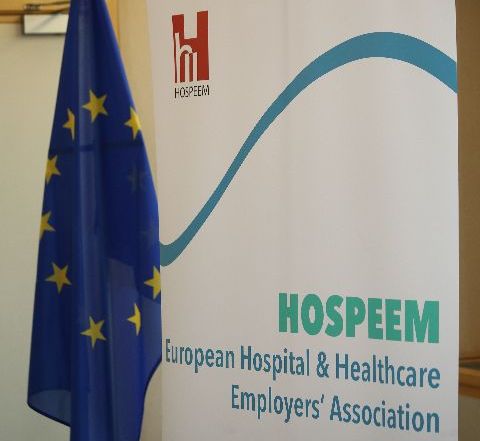
 In this document you can find the highlights of the work of the HOSPEEM-EPSU Sectoral Social Dialogue Committee for the Hospital and Healthcare Sector. In 2017 the Sectoral Social Dialogue Committee for the Hospital and Healthcare Sector
In this document you can find the highlights of the work of the HOSPEEM-EPSU Sectoral Social Dialogue Committee for the Hospital and Healthcare Sector. In 2017 the Sectoral Social Dialogue Committee for the Hospital and Healthcare Sector 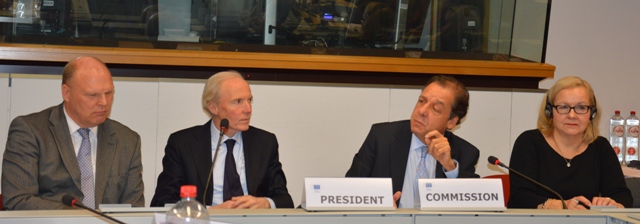
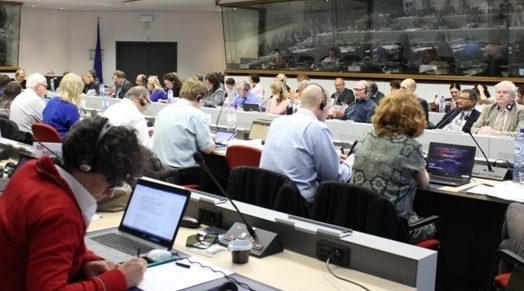

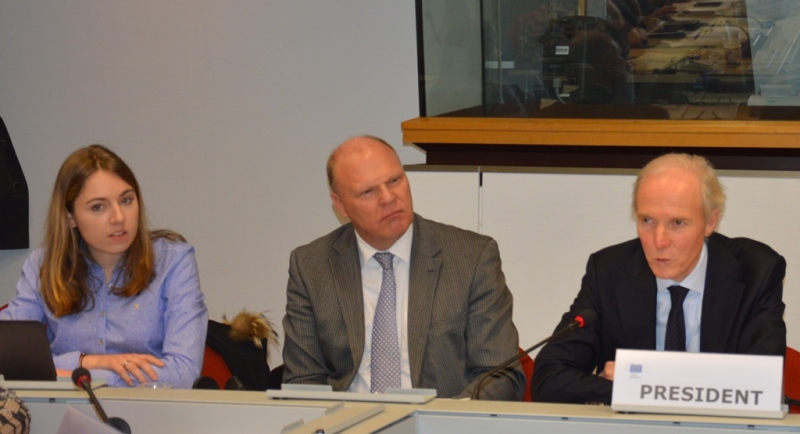
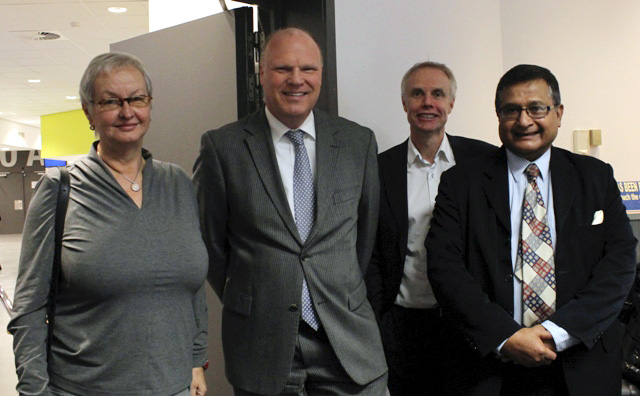
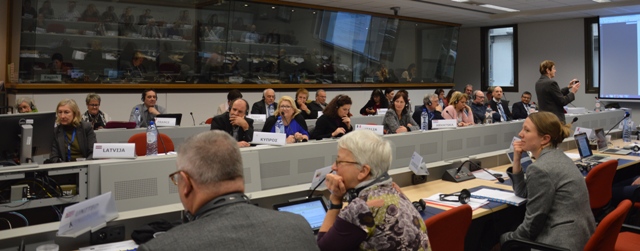
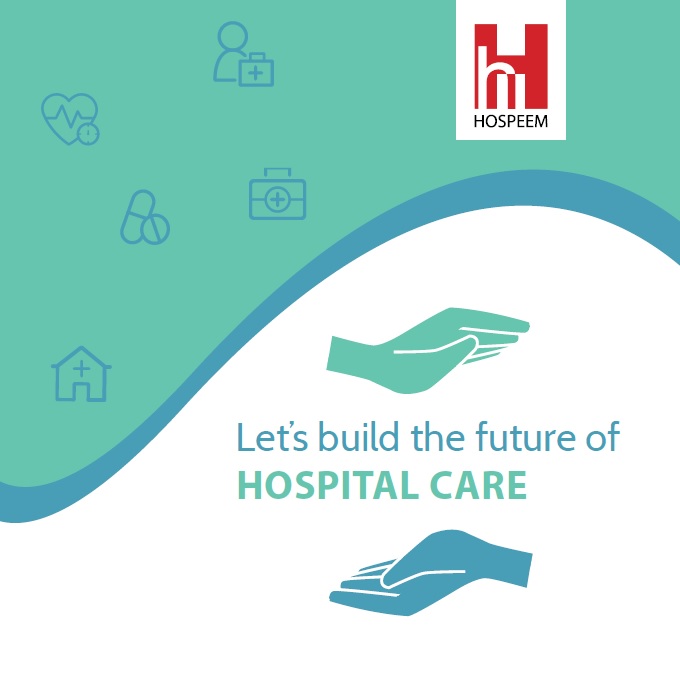

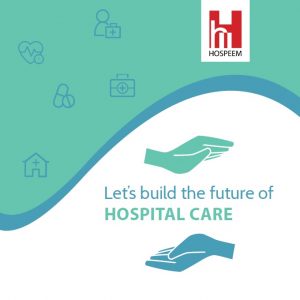
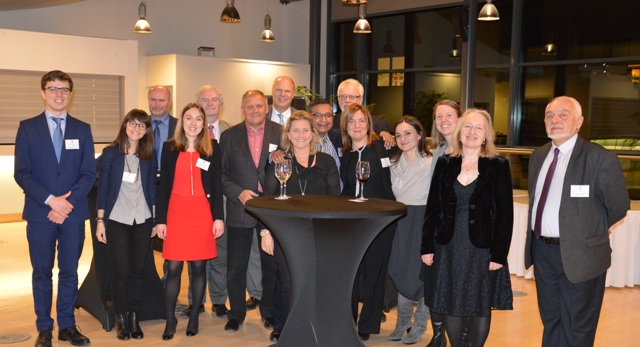
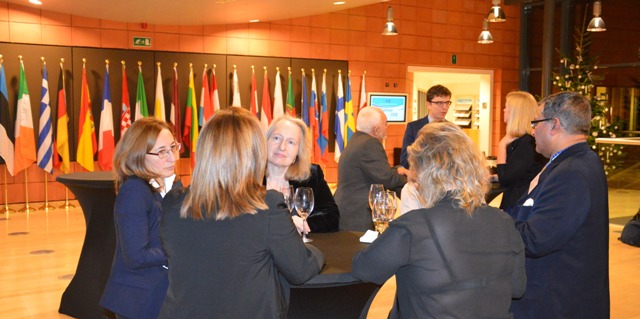
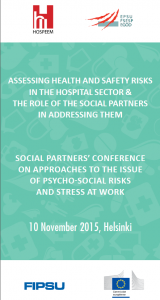


Recent Comments